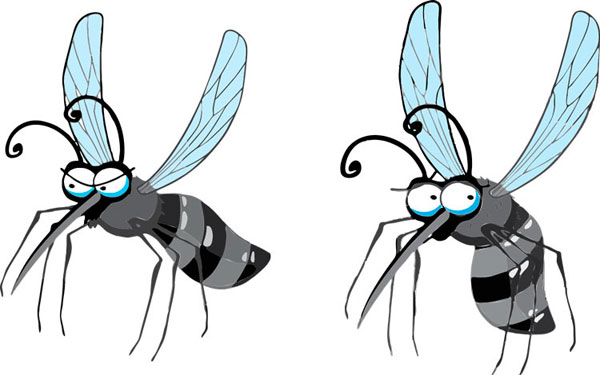Did you know that there are a number of words that are spelled the same in Spanish and English? Sometimes they have the same meaning and sometimes they don’t, but the word appears in both dictionaries. However, be careful, because the pronunciation doesn’t have to be the same.
Below you can find 11 words that you can use in both English and Spanish, along with their meanings in both languages:
Aficionado
In Spanish: According to the RAE, an aficionado is someone “who has a liking or taste for an activity or for a show that they attend frequently,” or “who practices or cultivates, without being a professional, an art, trade, science, sport, etc.”
For example: Soy aficionado a la lectura. (I am fond of reading).
In English: According to the Oxford Dictionary, an aficionado is “a person who is very knowledgeable and enthusiastic about an activity, subject, or pastime.” We could say that the English aficionado is an expert in something they also enjoy.
For example: He is a video game aficionado.
In any case, the two words are used in a very similar way in both languages, even though in English it has a slightly different nuance.
Barrio

Barrio means the same thing in English and Spanish: “Each of the parts into which towns and cities or their districts are divided.” In English, the word is a loanword from Spanish and is used mainly in the United States, where it refers to the Hispanic areas of a city.
Bonanza
Bonanza is another word that means something very similar in both languages. In Spanish, it refers to “prosperity,” “calm or serene weather at sea,” or “in overseas mines, an abundance of ore.”
For example: Es época de bonanza.
Translation: It is a time of bonanza/prosperity.
In English, it is a word of Spanish origin that means “a situation that creates a sudden increase in wealth or profits” or “a large amount of something desirable.”
For example: a bonanza year for the company.
Burro

his word is used in exactly the same way in both languages. In both Spanish and English (especially in the U.S.), it refers to an animal (donkey) or a brute person (used as an insult instead of “idiot”).
Caballero
The English version of “caballero” is used as “gentleman,” but always referring to a Hispanic person. Additionally, in the southwestern states of the United States, it is used to mean “horseman” or “rider.”
For example: Diego is such a caballero.
In Spanish, on the other hand, it has several meanings, including: “mounted on an animal,” “a man who behaves with distinction, nobility, and generosity,” or “an adult man.”
For example: (1) Ropa de caballero. (2) Diego es todo un caballero.
Cafetería

The English version is written without an accent (cafeteria), but it means the same as in Spanish: a place where coffee is bought and drunk. However, the English word has a slightly different nuance: a cafeteria is necessarily self-service.
Guerrilla
Both in English and Spanish, “guerrilla” is used to refer to a very specific type of fighter. However, in English it acquires an additional meaning (which has recently started to be used in Spanish, although the RAE does not officially recognize it): “referring to actions or activities that are carried out unexpectedly and, usually, without authorization,” such as guerrilla marketing.
Macho
The most common definition of “macho” in Spanish is “male animal,” but in English it is used more to define an “aggressive and authoritarian masculinity.”
Maestro
The most common use of the word “maestro” in Spanish is as a teacher of young children or primary school, although it is also sometimes used to refer to something or someone “with merit or preeminent among their kind.”
For example: Picasso was a maestro of painting.
In English, “maestro” (of Italian origin) refers, just like the second Spanish definition, to “a distinguished figure in their field” or “an orchestra conductor.”
For example: Zidane is a masterful maestro in the midfield with astonishing moves.
Mesa
The most common definition of “mesa” in Spanish is the piece of furniture we all know; however, it can also mean “plateau,” and it is precisely this meaning that English borrows.
Mosquito

Both in Spanish and in English, “mosquito” refers to the insect shown in the image.
These are just a few words that we can use in both languages.



